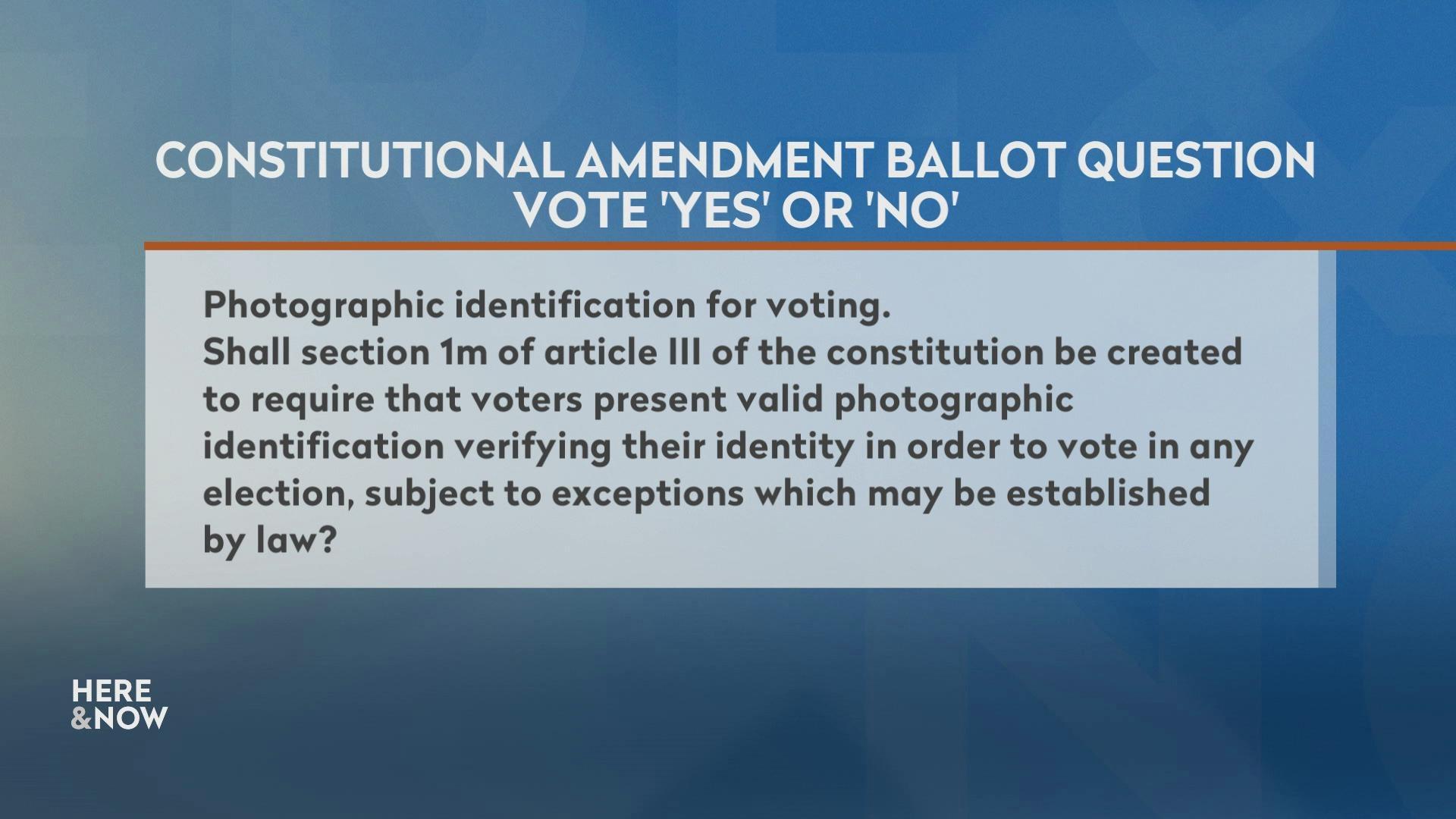WIC Nutrition Program Sees Decrease In Obese Children
Wisconsin is one of 31 states and three United States territories where obesity among children living in poor families decreased, according to a report from the Centers for Disease Control and Prevention.
November 21, 2016

Wisconsin eWIC card

Wisconsin is one of 31 states and three United States territories where obesity among children living in poor families decreased, according to a report from the Centers for Disease Control and Prevention.
There are fewer obese children ages 2 to 4 in the federal nutrition-supplement program known as WIC – Women, Infants and Children, – according to the CDC.
The rate of childhood obesity for Wisconsin’s WIC program dropped from 15.2 percent in 2010 to 14.7 percent in 2014, said Victoria Brown, senior program officer with the Robert Wood Johnson Foundation, the nation’s largest health-focused philanthropy.
“Which means that [Wisconsin is] No. 21 in terms of childhood obesity rates for your youngest, most vulnerable citizens,” she said.
Utah had the lowest childhood obesity rate among WIC participants at 8.2 percent and Virginia with the highest, 20 percent.
Brown points to a report she said shows Wisconsin has worked to address obesity in daycare and early education settings through increased physical activity, and more healthy, lower calorie foods and drinks. She also said Wisconsin has supported using locally produced food in daycare centers.
About 40,000 kids in Wisconsin are enrolled in the WIC program in any given year.
 Passport
Passport
















Follow Us